Opinion: Rachel, Shireen, Ayşenur — dead. When will it end?
| Published: 09-24-2024 10:17 AM |
Robert Azzi is a photographer and writer who lives in Exeter. His columns are archived at robertazzitheother.substack.com.
‘Hi, Daddy.” WhatsApp phone calls from my daughter are always welcome, but one I remember well, from January 2011, has been coming to mind recently.
“Hi,” I answered. The connection was weak and staticky, with a lot of background noise. “Where are you?”
“I’m in Tahrir Square. I’m in Cairo.”
“WHAT?”
“I decided at the last minute I had to come — and I knew if I told you in advance what I was thinking of doing you would’ve said NO!”
“You’re right… [pause] … Stay safe. Pumpkin, take lots of pictures and… [pause] … know that I’m jealous you’re there and I’m not!”
“I know. I will.”
Article continues after...
Yesterday's Most Read Articles
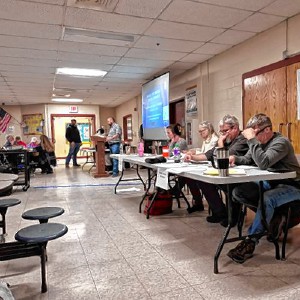 Pittsfield schools facing major shortfall caused by longstanding financial mismanagement
Pittsfield schools facing major shortfall caused by longstanding financial mismanagement
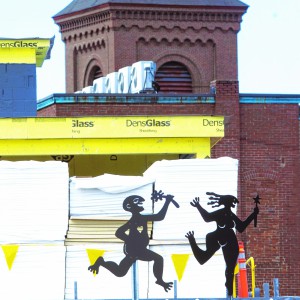 Arts Alley in Concord on schedule for summer openings
Arts Alley in Concord on schedule for summer openings
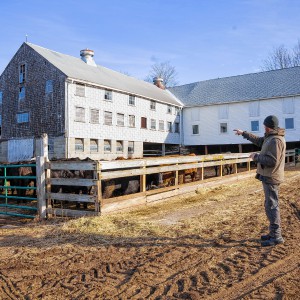 New Hampshire farmers believed USDA grants were secure bets. Then, federal funding halted.
New Hampshire farmers believed USDA grants were secure bets. Then, federal funding halted.
 Generally speaking, Don Bolduc, now a Pittsfield police officer, has tested himself for years
Generally speaking, Don Bolduc, now a Pittsfield police officer, has tested himself for years
 Want to ‘sip and stroll’ outside with an alcoholic beverage? The N.H. House thinks you do
Want to ‘sip and stroll’ outside with an alcoholic beverage? The N.H. House thinks you do
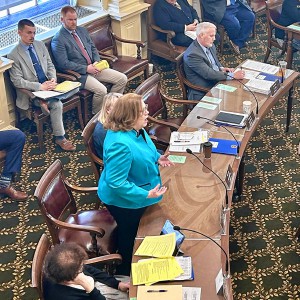 Legislators advance ban on sexual content in schools, plus 5 GOP-led bills on transgender issues
Legislators advance ban on sexual content in schools, plus 5 GOP-led bills on transgender issues
In retrospect, I wasn’t really surprised she was in Tahrir.
Last I’d known she’d been in Beirut, a city I knew well, studying and working. Cairo, in January of 2011, was in the throes of what we today describe as the “Arab Spring” and Egypt’s citizens, especially its young, after decades of being under oppressive authoritarian and military rule, were agitating for democracy and freedom.
She wanted to bear witness to that movement and I was proud of her, willing to be there despite the risks.
It was a young people’s movement and my daughter, for whom issues of social justice, equity and education have always been central, wanted to bear witness to change and challenges in a place where she’d previously lived, studied and traveled — a place where she had friends who would welcome, shelter and protect her.
I was proud of her commitment to such values and issues; they were deeply held and long-standing and, I believe, reflected not just the values with which she was raised but which she shared globally with communities of young people willing to stand with the oppressed and the vulnerable, with the Other.
The risks of standing with the dispossessed and occupied vary widely; from public demonstrations to university encampments, from confronting bulldozers and trigger-happy snipers, our children confront a world of conflict and pain not of their making.
The risks of standing with the vulnerable and oppressed, however, is important and must be honored; we know that from the examples of the Freedom Riders in America’s civic rights movement, of the sacrifices of James Chaney, Andrew Goodman, and Michael Schwerner; of the sacrifice of Keene’s Jonathan Daniels while protecting Ruby Sales.
I also know, sadly, that one is at greater risk if one chooses to stand with Palestinians against occupation, oppression, and annexation in the illegally occupied territories.
In February 2024, after a strike attributed to Iran’s Revolutionary Guard killed three Americans in Jordan, President Joe Biden said: “If you harm an American, we will respond.”
Biden lied.
Unspoken were the words between his words “...except if the Americans are Palestinian American or if they are sympathetic and standing with Palestinians ...”
Then you’re on your own.
Two weeks ago Israeli soldiers shot and killed an American activist, 26-year-old Ayşenur Eygi, a member of the International Solidarity Movement (ISM), while she was working to protect Palestinian homes and farmers from Israeli military and settler violence in the occupied West Bank.
Eygi, an American of Turkish descent, was a recent graduate of the University of Washington and she was in Palestine protesting an illegal West Bank settlement near Beita when she was assassinated, shot in the head by an Israeli bullet.
Her death was, for me, the most recent example that for the Biden administration not all Americans are equal. Israeli-Americans, which the Times of Israel newspaper estimates are over 200,000 in Israel and the occupied territories, are apparently worth supporting, while Palestinian-Americans and Americans who stand alongside them are not.
I cannot imagine the pain of parents never getting another phone call from their daughter.
Eygi’s death recalled the murder of fellow American peace activist Rachel Corrie, who was crushed by an armored Israeli bulldozer in 2003 while she protested against the demolition of Palestinian homes.
Corrie, like Eygi, was an ISM volunteer. Her death was ruled as an accident by Israeli authorities, a conclusion rejected by witnesses and human rights organizations
Corrie’s crime “was being in line with Palestinian rights.”
I cannot imagine the pain of parents never getting another phone call from their daughter.
Eygi’s death also brought to mind the 2022 assassination of well-known and highly-respected Palestinian American journalist Shireen Abu Akleh. An Israeli sniper shot and killed her, while she was wearing a press vest, as she was covering an Israeli raid on the Jenin refugee camp in the West Bank.
Last July, the Palestinian human rights group Al-Haq, together with Forensic Architecture, a UK-based company, released a reconstruction of the assassination which unequivocally concluded that Abu Akleh had been deliberately targeted and murdered.
I cannot imagine the pain of parents never getting another phone call from their daughter, murdered because they dared to report on the Other.
I cannot imagine the pain of parents never getting another phone call from sons and daughters, murdered because they dared to stand with the Other.
I cannot imagine, either, what kind of person it takes to unapologetically run over a young unarmed protester with an armored bulldozer; what kind of person can line up a shot at a journalist or an unarmed protester and squeeze the trigger.
I cannot imagine what kind of phone calls they have with their parents.
Today, as I mourn Ayşenur Eygi, as I remember Rachel Corrie, as I remember Shireen Abu Akleh, I mourn too that my government is complicit with the murder of these Americans, that by its failure to demand justice for its citizens killed in Palestine it is empowering war criminals to act against American citizens without fear of consequences.
Stay safe. Pumpkin; take lots of pictures, and call home often.

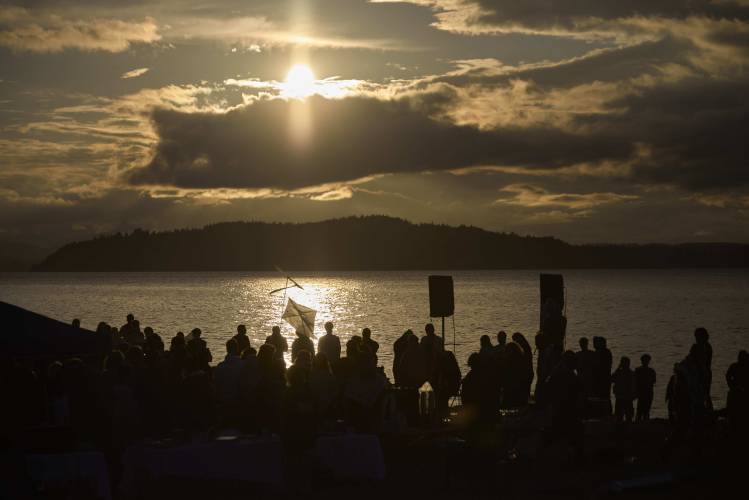
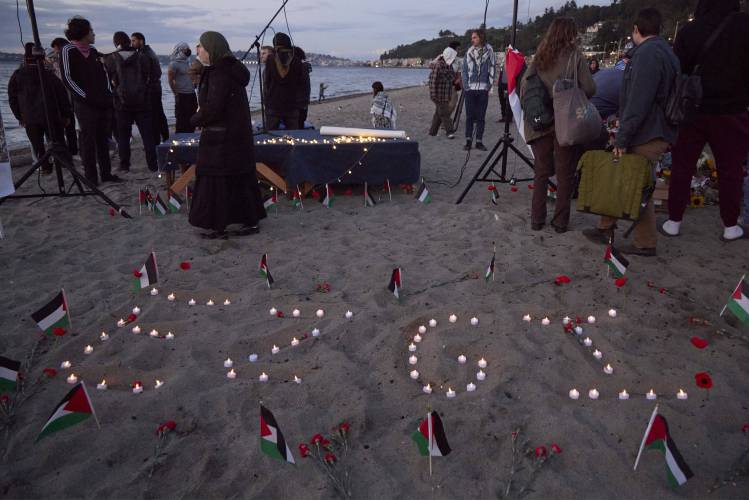






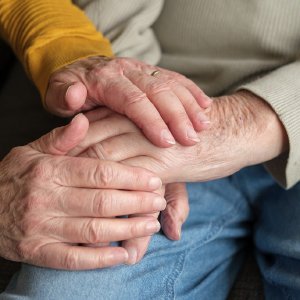 Opinion: Courage and care count
Opinion: Courage and care count Opinion: What Trump really means by government efficiency
Opinion: What Trump really means by government efficiency
